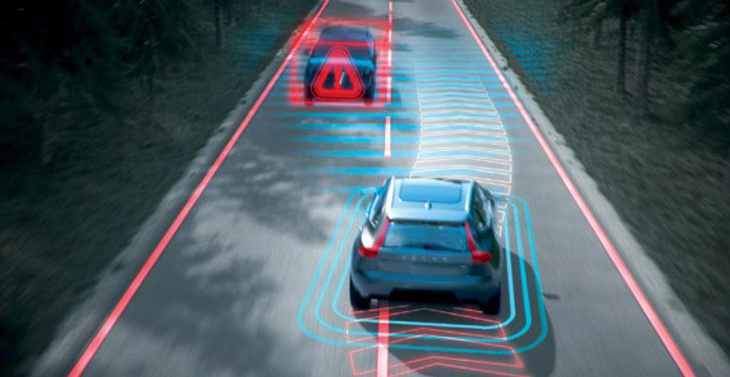How seriously does the Swedish car company take its mantra of safe driving? They have had a group gathering information from accidents around the globe (sometimes in person) that has been working for half a century.
READ ALSO: Volvo Continues To Deliver Innovation And Safety With 11 Five-Star NHTSA-Rated Cars For 2021
They are known as Volvo’s in-house detectives. Yet they could also be called the Swedish carmaker’s own CSI team, with a little twist on the acronym of TV fame.
The crash scene investigators of the Volvo Car Accident Research Team celebrated its 50th anniversary last year. They are ready around the clock to make sure that Volvo cars learns from real-life accidents and constantly improves its cars.

“The Accident Research Team’s hard work and research allows Volvo Cars to make sure that a tragic traffic accident can lead to something good: ever safer cars,” says Malin Ekholm, head of the Volvo Cars Safety Centre. “By closely analyzing what has happened during each phase of an accident, the team provides crucial information on what can be improved on our cars.”
The team has been in operation since 1970. Whenever an accident involving a Volvo occurs around Gothenburg, Sweden, be it night or day, they quickly get to the scene when notified. As they arrive, they start an investigation and document the sequence of events as detailed as possible.
Looking for answers
That means asking questions. How forceful was the impact? How quickly did the active safety systems intervene? How are the passengers? Other questions include: What was the weather like? What was the time? In what condition were the road markings?
The work continues back at the office: the team requests publicly accessible police reports, contacts the driver and examines the car when possible. The team also tries to understand how the driver experienced the accident, a process that involves the Volvo Cars Safety Centre’s behavioral scientists.
Finally, the team will ask the people involved in the accident to share their medical records, which allow them to take note of any injuries sustained. These are analyzed by biomechanics experts, in cooperation with physicists, to understand the exact causes of the injury.
Data for progress
All the data and knowledge collected is coded and depersonalized. Conclusions from this research are shared with Volvo’s product development teams, who use it to develop and implement new technologies in upcoming cars. The team also identifies things that can’t be solved today, allowing the brand to remain at the forefront of safety development.
Every year, the team investigates around 30 to 50 accidents in person, but accidents happen all over the world and the scene can be hard to reach on time. In those cases and to the degree possible, the detectives work to map out accidents with the support from Volvo personnel and emergency services closer to the site.
On top of that, the team also uses other sources of information such as public accident databases found globally to make sure that the necessary steps are taken.
“The Accident Research Team is far from the only source of research data for our safety experts, but it plays an important role for us to really understand the details,” adds Ekholm. “Accidents do still happen, but nowadays the consequences are much milder and serious injuries are much rarer than they used to be.”
For more on Volvo call 8817-1984, 8893-6621 to 22, or visit Volvo.com.





